Juba
In the run-up to this week’s referendum on Southern Sudan’s future, I flew to Juba with a bottle of Bushmills. The whiskey was for Dan Eiffe. When Sudan’s southern Christian rebels were on the brink of defeat, it was Dan who turned the war around. He has saved countless thousands from hunger. And he has played more of a role than any other Westerner in the creation of Africa’s newest nation, after centuries of bloodshed and slavery.
I have encountered odd Western characters in Africa’s wars, such as the Belgian dwarf with a Napoleon complex who in 1994 helped Rwanda’s Hutus kill their taller Tutsi cousins. Dan is an entirely separate kind of oddity. Few of us have faced the dilemmas, or seen the evil, or risked death and damnation the way he has. In Dan’s ravaged, smiling face, I see the effects of the struggles he’s endured. ‘Go easy on the mother’s milk,’ says Dan, passing me the Bushmills on an evening by the Juba Nile.
Born one of 16 children on a County Meath farm, Dan was inflamed by Irish nationalism and liberation theology at his strict school, Cork Carrignavar (the Rock of the Man). He chose for his ordination card the Gospel words ‘I have come to bring good news to the poor…’ and in 1977 he set out as a missionary to Africa.
After many adventures in apartheid South Africa, where he dodged the Bureau of State Security — and strangely became best friends with Spike Milligan — and gave communion to a Venda chief named Rambuda and his 45 wives, Dan landed in Juba at the height of Sudan’s civil war. Khartoum’s Islamic fundamentalist forces were garrisoned in Juba, which was completely surrounded by southern Christian soldiers of the SPLA. Dan remembers, ‘It was the worst place in Africa.’
Here he met Nouna, a Sudanese woman. ‘I fell in love,’ recalls Dan. He was forced out of the priesthood, wrongly he feels. He remains devout. He believes the Pope should allow priests to marry, in the ordination of women — and birth control. ‘I had been raised in a brainwashed society. In my thirties I began to understand the outside world.’ The rebels regularly shelled Juba, and, when the couple’s twin sons Daniel and Desmond were born, Dan would shield the babies with his body as the bombs rained down.
At last he got his family out of Juba, and went over to rebel territory. In 1994, Khartoum’s forces pushed the SPLA and 500,000 civilians within 15 kilometres of Uganda’s frontier. A tank shell landed on top of Dan’s hut and he was half-buried alive. In a last bid to save the South, Dan drove across the frontier to meet President Yoweri Museveni, and convinced him that, if the SPLA collapsed, Khartoum’s Islamist regime might invade Uganda next. Museveni asked, ‘What do you need?’ Dan handed over a list of heavy weapons and ammunition. ‘A simple little priest and here I was, begging for military supplies to support a military campaign.’ I asked, ‘Was it hard to cross that boundary?’ ‘Sure, it was. But it was like watching a woman being raped and doing nothing about it. Those weapons were not for aggression. They were for self-defence. People in the West would never be faced with moral choices of that sort.’
The weapons reversed the course of the war. Within three years, the SPLA had regained control of the South, nearly a million square kilometres, which led to a peace deal that ended the conflict five years ago.
Dan worked for a charity called Norwegian People’s Aid. The SPLA were Marxists who loathed journalists. As a Nairobi-based Reuters correspondent, I knew Dan was running guns, but he enjoyed extraordinary access. He could get you to the frontlines, where invariably one was mortared or bombed by Antonovs. In 1998, the South was hit by a famine and Dan single-handedly whipped up so much publicity it led to one of the biggest humanitarian airlifts in history. ‘Fewer than 100,000 died. Still too many,’ Dan says, and refills his glass.
Today in Juba he’s known as Commander Dan, or ‘White Bull’. It turns out his wife is related to the President, Salva Kiir, a bear of a man who always seems to wear the same black cowboy hat given to him by George Bush. A lesser man might aim to cash in. The South is rich in oil, land and controls more water resources than anywhere else in Africa. ‘Dan isn’t like that,’ an American tells me. ‘He wouldn’t know how to milk his connections even if he wanted to. He’s always broke. It’s actually sad.’
Postwar, Dan launched the Sudan Mirror — Southern Sudan’s first-ever newspaper — from his garage. The future for the South is very uncertain. Many believe a fresh war with Khartoum will erupt over control of the oil fields, or Southern factions will quarrel over the spoils of victory. But whatever happens Dan will stay. I’ve met very few men like him.
Got something to add? Join the discussion and comment below.
Get 10 issues for just $10
Subscribe to The Spectator Australia today for the next 10 magazine issues, plus full online access, for just $10.


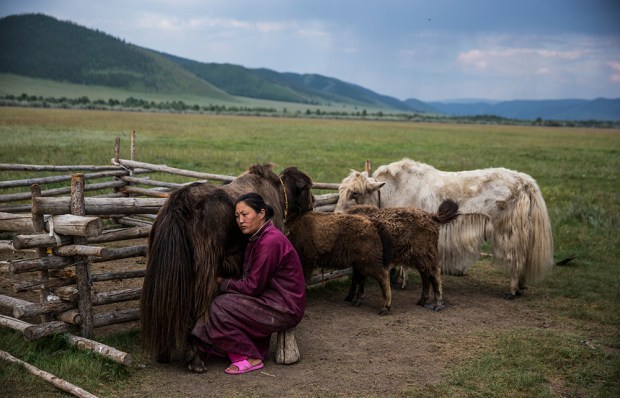
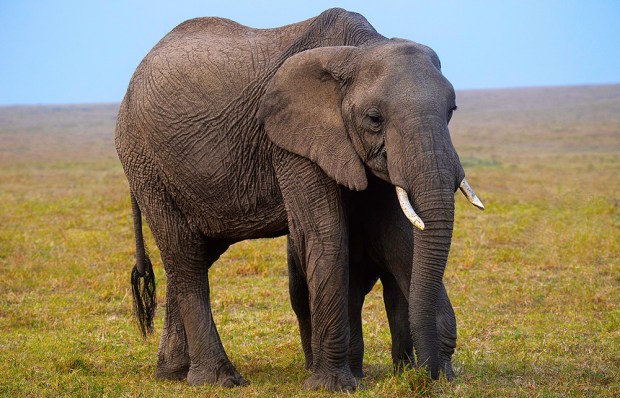
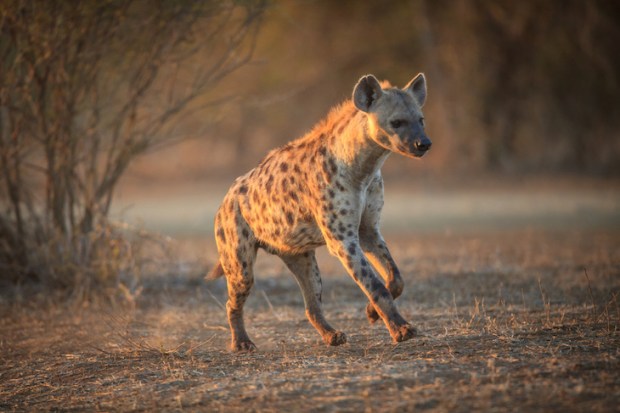
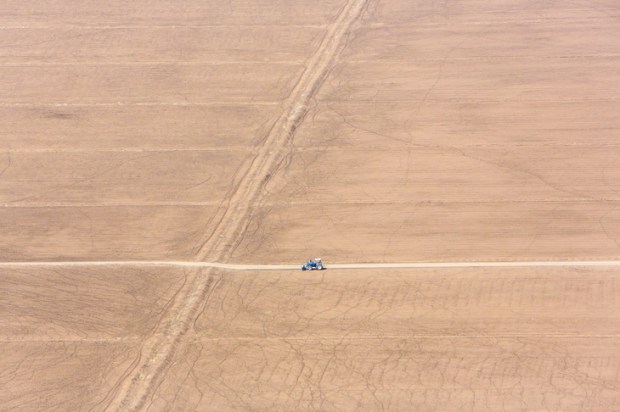
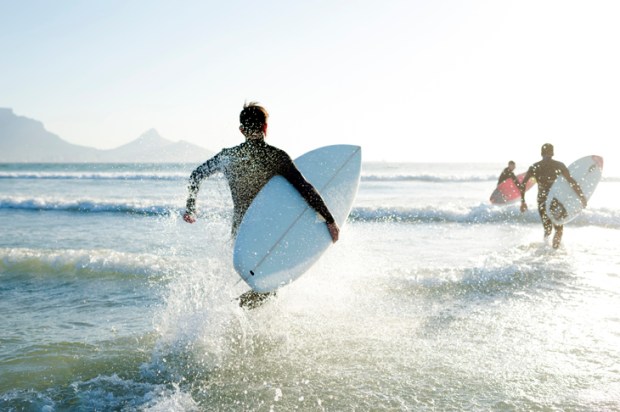
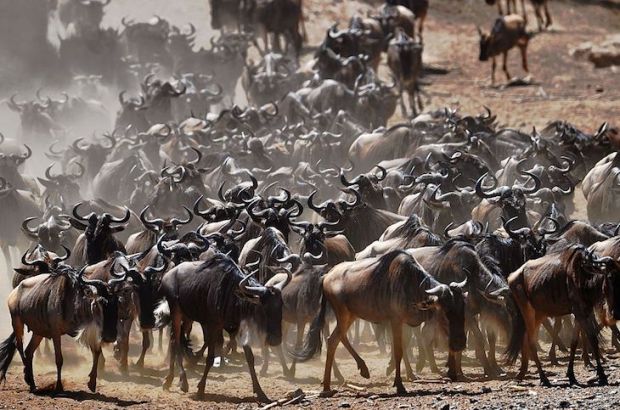






Comments
Don't miss out
Join the conversation with other Spectator Australia readers. Subscribe to leave a comment.
SUBSCRIBEAlready a subscriber? Log in